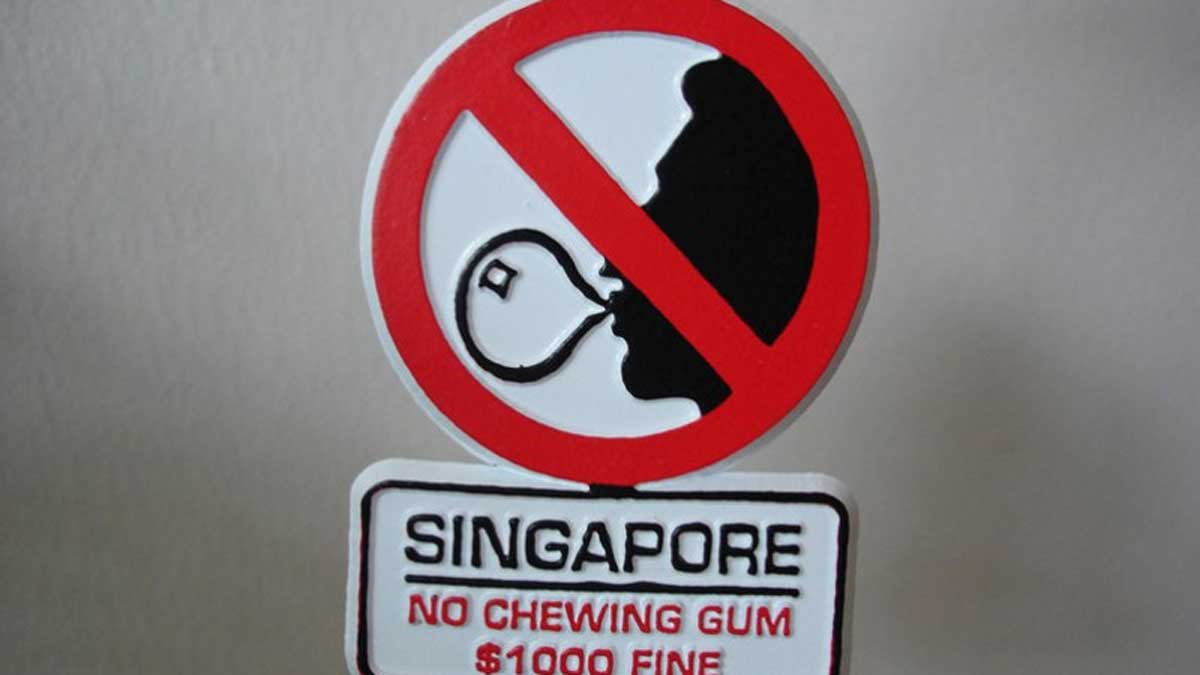When you arrive in a certain country, you may not find some products in the store. As a rule, this is due to the country’s religious, cultural, and political characteristics.
Bun with poppy seeds, UAE
The UAE has tough laws that apply to everyone, including tourists and aim to combat drug trafficking. As noted by local media, due to the serious migration from Asian countries, some areas of the UAE began to face the problem of the sale of prohibited substances. In this regard, the government of the country controls everything related to drugs.
In particular, the sale of products containing poppies, which are used to make opium, is prohibited. Such products, including buns and other pastries with poppy seeds, are not sold in stores. It is also impossible to transport products with poppy seeds across the border.
Raspberry, Israel
In Israel, the main religion is Judaism, which prescribes following the rules of kosher food. In 2021, the country banned the sale of raspberries, as they were declared non-kosher due to insects in the berries, which are forbidden to be eaten according to the laws of Judaism.
To avoid the need to open the berries before selling and to preserve their presentation, raspberries were forbidden to be sold at all. However, it can still be found in non-kosher stores that do not follow the rules of Judaism.
Gum, Singapore
Gum was banned in Singapore as early as 1992 due to disposal and pollution problems in the city. The authorities spent large sums on cleaning the streets of discarded chewing gum, so it was decided to ban its sale and import. To date, chewing gum can only be bought at a pharmacy with a doctor’s prescription. However, tourists are allowed to bring up to two packs of gum into the country for personal use. Breaking the law can result in significant fines and penalties.

